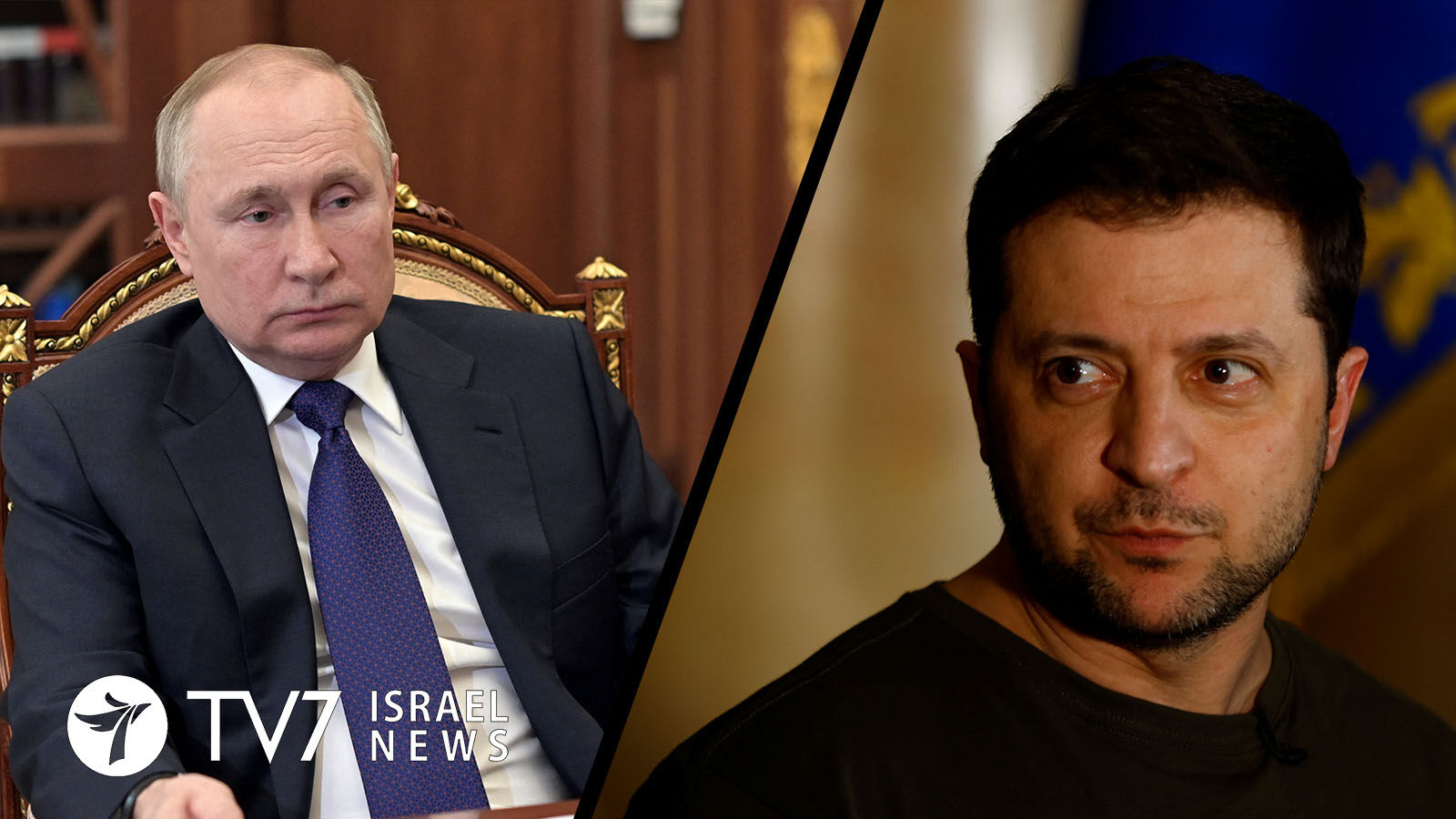NATO member Turkey shares a maritime border with Ukraine and Russia in the Black Sea. Though careful to maintains good ties with both nations, Turkey has branded Russia’s 24 February invasion of Ukraine as “war.”
By Erin Viner
Turkish President Recep Tayyip Erdoğan advocated an immediate end to the fighting and for the sides to “contribute to world peace.”
When asked at an Ankara press conference about about Ukraine’s bid for European Union membership, Erdoğan expressed support for the expansion of both the European Union (EU) and North Atlantic Treaty Organization (NATO).
Russia is adamantly opposed to Ukraine’s entry into the intergovernmental NATO military alliance of 28 European and 2 North American member states.
While Turkey joined NATO in 1952, although its 1987 application for inclusion into the 27-member EU has yet to be finalized. Erdoğan pointedly called on the European bloc to demonstrate the “same sensitivity” it has shown by accepting Ukraine as a member in 2017, and slammed member states for being “insincere.”
“Will you put Turkey on your agenda when someone attacks (us) too?” he asked rhetorically.
Ankara is a potentially key player in any military conflict between Moscow and Kyiv, in accordance with the 1936 international Montreux Convention that grants Turkey control over passage of vessels between the Mediterranean and Black Sea. All Black Sea nations must give Turkey 8 days notification prior to passage while any non-Black Sea countries must do so at least 15 days in advance.
Under the pact, Turkey is authorized to close the straits to all foreign warships in wartime or when it is threatened by aggression.
Ukraine’s Ambassador to Turkey Vasyl Bodnar said that Kyiv had called on Ankara to close the straits to Russian ships after Moscow began its air and ground assaults on its neighbor last Thursday.
On Monday, Ankara announced closure of the Bosphorus and Dardanelles straits in the Black Sea.
“We are determined to use the powers the Montreux Convention grants our country to ease the crisis,” Erdogan said after the cabinet meeting late Monday, stressing, “We will surely not compromise on our national interests, but we will also not disregard regional and global balances. This is why we cannot abandon ties with Russia or Ukraine.”
The following day, Turkish Foreign Minister Mevlüt Çavuşoğlu told the Habertürk broadcaster that Ankara had asked Moscow not to send its ships through before it labelled Moscow’s invasion a “war” on Sunday in a declaration that legally permitted the closure under the Montreux Convention.
“Russia has said four of its ships would cross the straits on 27-28 February, three of which are not registered to bases in the Black Sea,” Çavuşoğlu said, adding, “We told Russia not to send these ships and Russia said the vessels would not cross the straits.”
“Nobody should be offended by this, because the Montreux Convention is valid today, yesterday and tomorrow, so we will implement it,” he underscored.
At least four Russian ships – two destroyers, a frigate, and an intelligence vessel – had been waiting for Turkey‘s decision to cross from the Mediterranean, reported Reuters.
In a call on Monday to Çavuşoğlu, US Secretary of State Antony Blinken “expressed his appreciation” to Cavusoglu for Turkey’s implementation of the accord, State Department Spokesperson Ned Price said.
Ukrainian Ambassador Bodnar said Kyiv was “grateful” to Turkey for “meticulously” implementing the pact.
Even though the invasion has been labeled an unacceptable violation of international law, Turkey has carefully balanced its response as not to impact its close energy, defense and tourism ties with Russia. Ankara has refused to not join its Western allies by imposing economic sanctions on Russia, and has also offered to host peace talks.
Meanwhile Turkey has also sold unmanned aerial vehicles to Ukraine and signed a deal to co-produce more. Ukrainian Defense Minister Oleksii Reznikov said yesterday that Kiev is set to receive another shipment of Turkish drones, a move likely to anger Moscow.
